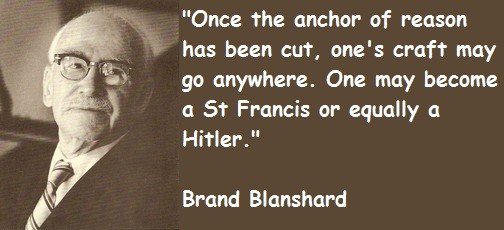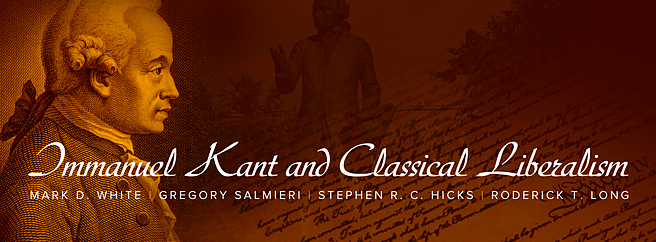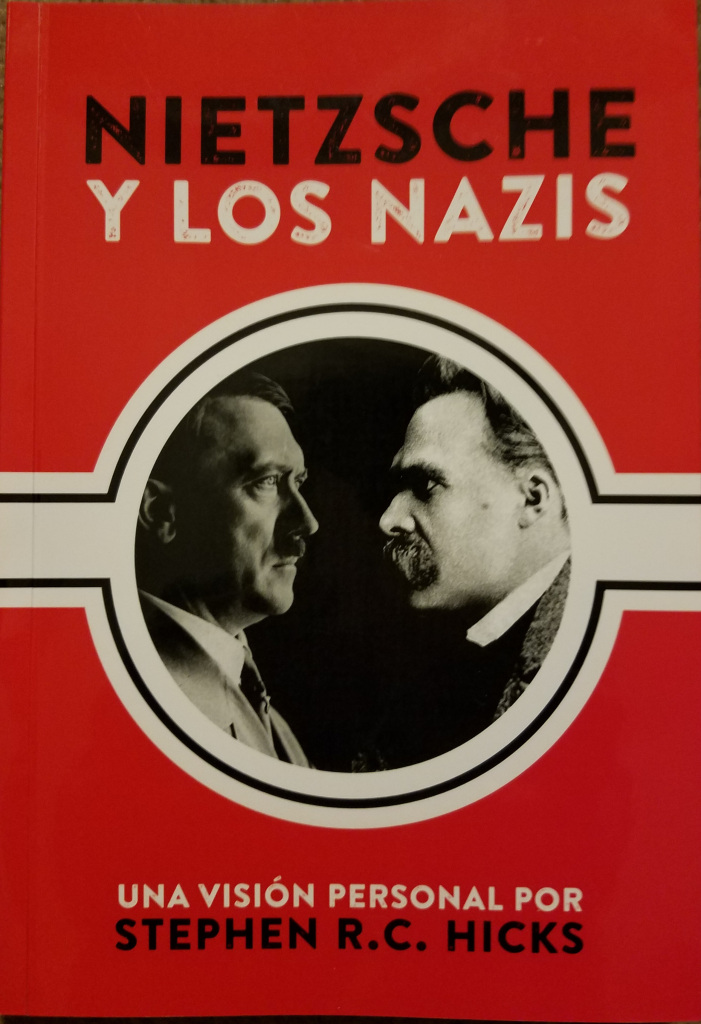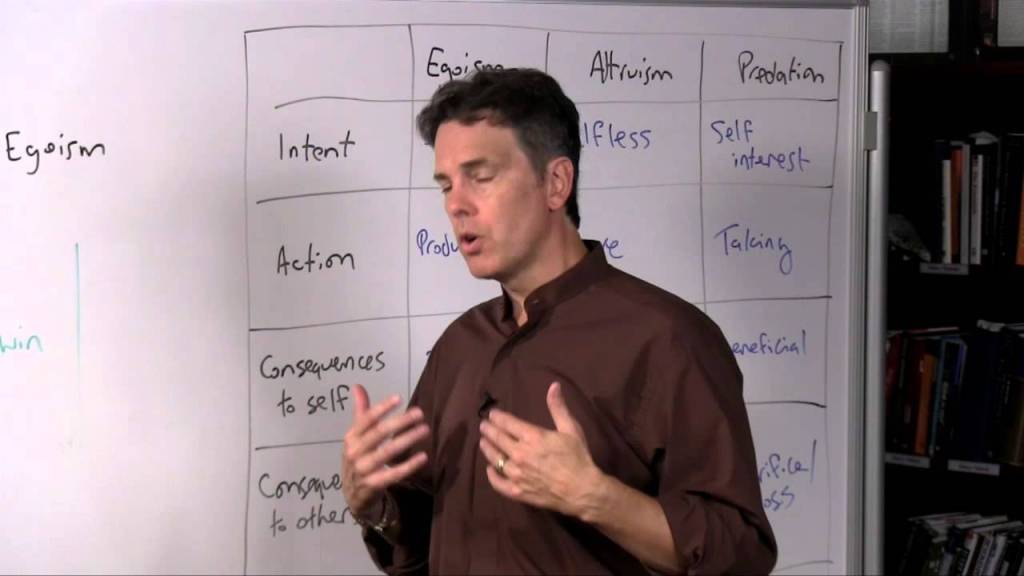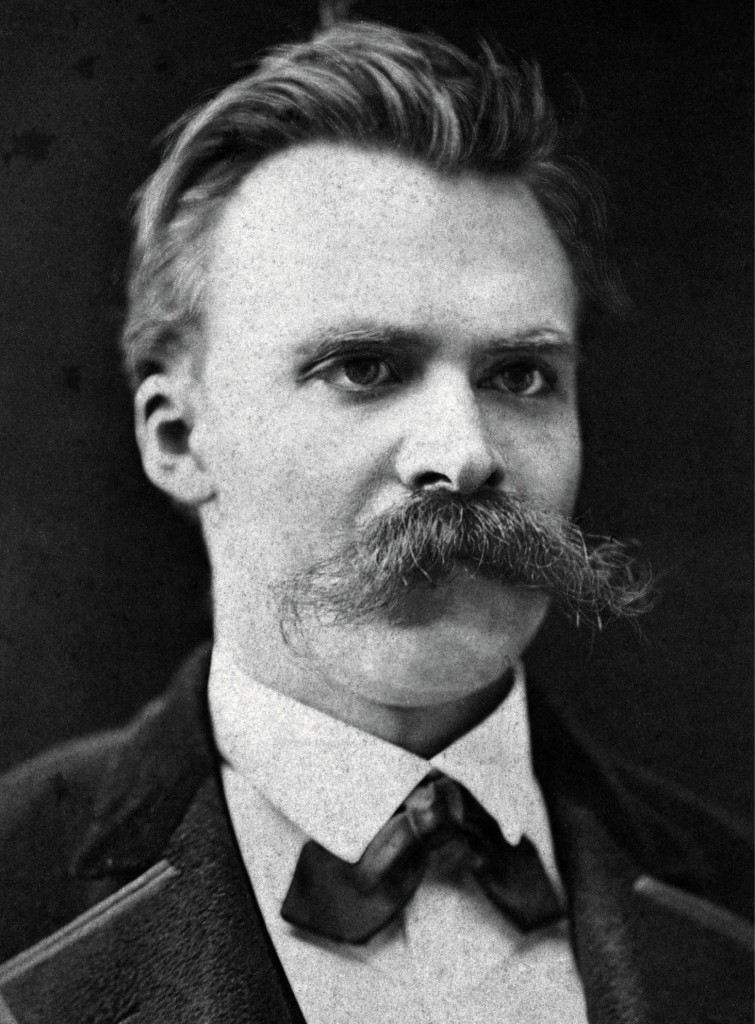Blanshard on the writing styles of Kant, Hegel, and others
“Clearness and vividness in writing often turn on mere specificity. To say that Major André was hanged is clear and definite; to say that he as killed is less definite, because you do not know in what way he was killed; to say that he died is still more indefinite because you do not even […]
Blanshard on the writing styles of Kant, Hegel, and others Read More »
